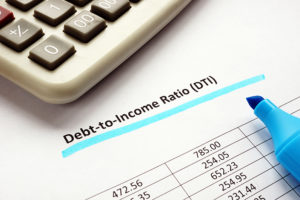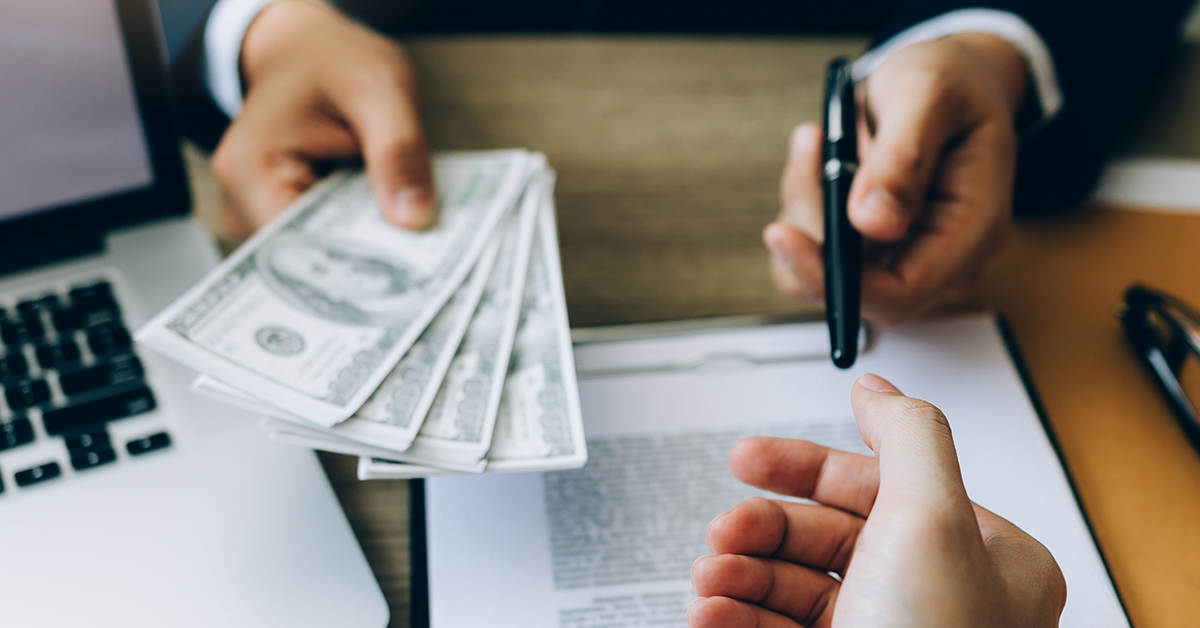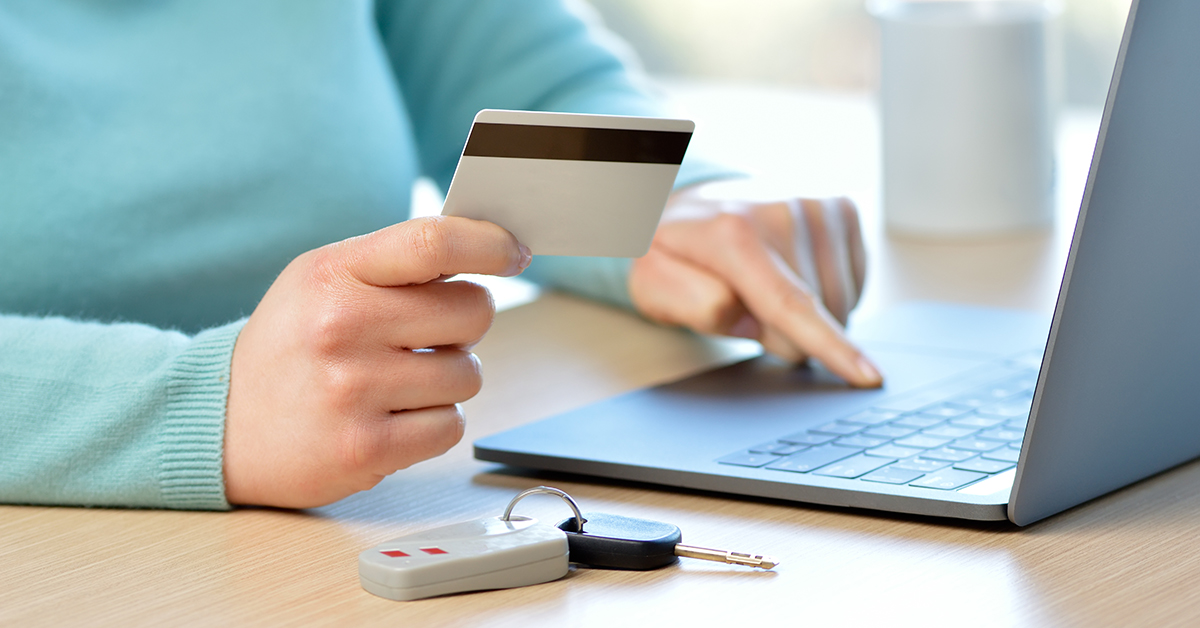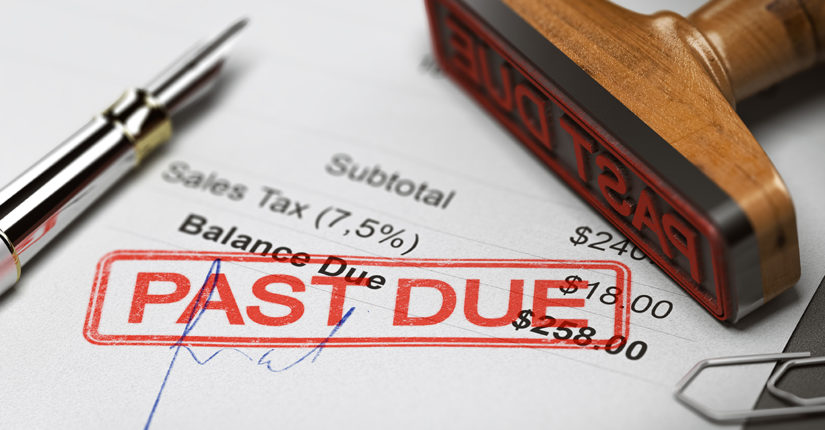 Being asked to co-sign a loan for a family member or close friend is a larger responsibility than most people realize. When you co-sign a loan, such as an auto loan, you and your credit are on the hook if that relative or friend decides to stop making payments on the loan. In other words, by co-signing, you are a co-borrower and must accept responsibility of terms stated in the loan agreement.
Being asked to co-sign a loan for a family member or close friend is a larger responsibility than most people realize. When you co-sign a loan, such as an auto loan, you and your credit are on the hook if that relative or friend decides to stop making payments on the loan. In other words, by co-signing, you are a co-borrower and must accept responsibility of terms stated in the loan agreement.
Risks of Co-Signing
There are inherent risks associated with co-signing an auto loan for someone else. Usually, when someone approaches a relative or friend about co-signing a loan for the purchase of a vehicle, it is because that individual, or co-borrower, does not have good enough credit to qualify for the loan on his or her own.
When you agree to co-sign an auto loan, if anything goes wrong, you will be subject to the terms of the loan and responsible to satisfy any balance owed.
The vehicle could be repossessed.
If the co-borrower does misses payments on the auto loan and the vehicle is repossessed, the lender will approach the co-signer to furnish past due payments, or possibly request payment of the entire loan balance. If the co-signer can not meet the terms, the vehicle would be sold at an auction or private sale. Afterwards, the lender will seek payment of any deficient balance owed to satisfy the loan.
Additionally, when proper insurance is not maintained on the vehicle, the co-borrower may be in breach of the auto loan agreement. This type of breach could pave the way for the lender to repossess the vehicle, causing additional harm to the both co-borrowers credit reports and credit scores.
You Could Be Sued.
 Once the vehicle is sold, the lender may assign collection of the deficient balance to a debt collector or law firm collector. If the loan balance is not paid, the lender could choose to sue the co-borrowers to recoup funds owed on the outstanding balance.
Once the vehicle is sold, the lender may assign collection of the deficient balance to a debt collector or law firm collector. If the loan balance is not paid, the lender could choose to sue the co-borrowers to recoup funds owed on the outstanding balance.
The Occurrance of Unexpected Life Events
Equally important, the loan agreement may state terms if unexpected life events were to occur. In these situations, the lender may look to the co-signer to fulfill the terms of the outstanding auto loan agreement. Be sure to read the loan agreement carefully and understand your obligation.
-
-
- Divorce
- Loss of employment
- Filing for bankruptcy
- Death of Co-Borrower
-
Impact on your Credit — Understand your Debt-to-Income Ratio.
 Co-signing a loan should not be taken casually. The co-signer must consider whether or not credit may be needed for him or herself. If a co-signer has too much debt in relation to income, he or she may be viewed as a high risk for a new loan. The lender may either decline the new loan application or offer unfavorable credit terms.
Co-signing a loan should not be taken casually. The co-signer must consider whether or not credit may be needed for him or herself. If a co-signer has too much debt in relation to income, he or she may be viewed as a high risk for a new loan. The lender may either decline the new loan application or offer unfavorable credit terms.
Offer Help in Other Ways
If you truly desire to help out a family member or friend who may simply be unable to secure a loan on his or her own, perhaps you can consider privately loaning the  individual the money for the purchase. In other words, you lend the individual the money and they pay you back in installments over time, or whatever agreement the two of you come up with.
individual the money for the purchase. In other words, you lend the individual the money and they pay you back in installments over time, or whatever agreement the two of you come up with.
Of course, if the loan is for a larger purchase, such as an automobile, you should make sure the friend or relative would be able to pay you back. Whenever you loan money, it’s advisable to get your agreement in writing and indicate the amount borrowed and terms for repayment.
Seek Legal Help
 Flitter Milz is a nationally recognized consumer protection law firm that represents individuals in matters against auto lenders, as well as debt collectors and credit bureaus. CONTACT US for a no cost legal evaluation to determine whether your consumer rights have been violated.
Flitter Milz is a nationally recognized consumer protection law firm that represents individuals in matters against auto lenders, as well as debt collectors and credit bureaus. CONTACT US for a no cost legal evaluation to determine whether your consumer rights have been violated.




 Sometimes things come up and you miss a payment on your auto loan. To avoid a
Sometimes things come up and you miss a payment on your auto loan. To avoid a  Shopping for a new vehicle can be overwhelming on its own without even considering the auto loan application process. But if you don’t take the time to research and compare auto loans, you may end up with a bad deal.
Shopping for a new vehicle can be overwhelming on its own without even considering the auto loan application process. But if you don’t take the time to research and compare auto loans, you may end up with a bad deal.

 Flitter Milz is a consumer protection law firm that represents victims of vehicle repossession. If a borrower defaults on a bad auto loan and the vehicle is repossessed, Flitter Milz will evaluate whether the lender violated the borrower’s consumer rights. If your vehicle has been repossessed in the past six years,
Flitter Milz is a consumer protection law firm that represents victims of vehicle repossession. If a borrower defaults on a bad auto loan and the vehicle is repossessed, Flitter Milz will evaluate whether the lender violated the borrower’s consumer rights. If your vehicle has been repossessed in the past six years, 






